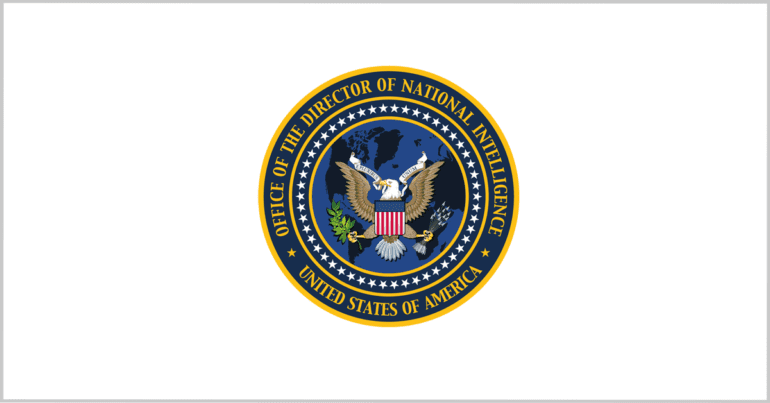TL;DR:
- Experts at ODNI are crafting a comprehensive AI-governing policy tailored for the intelligence community.
- Michaela Mesquite, leading ODNI’s AIM division, emphasizes transparency and ethical considerations in AI development.
- The focus is on governance, with ongoing efforts to develop policies, strategies, and governance structures.
- Ensuring all members of the intelligence community understand the appropriateness and ethical implications of AI use is a priority.
- ODNI’s policy team is tasked with drafting policies, with directives forming the foundation for subsequent actions.
Main AI News:
Experts within the Office of the Director of National Intelligence (ODNI) are formulating an expansive new policy framework aimed specifically at governing artificial intelligence (AI) within the intelligence community. “Our primary objective is to ensure transparency in all our endeavors,” stated Michaela Mesquite, the acting head of ODNI’s Augmenting Intelligence using Machines (AIM) division, in an interview with DefenseScoop. Mesquite, a seasoned federal official, has been instrumental in shaping ODNI’s recent AI ethics guidelines.
Speaking at the Advantage Defense and Data Symposium, Mesquite provided insights into the ongoing efforts to implement ethical AI practices across military and intelligence operations. “AIM is primarily focused on governance. While we’ve established ethical principles and an AI ethics framework, there’s a significant amount of policy development underway, along with the establishment of new strategies and governance structures,” she remarked.
Mesquite highlighted the importance of ensuring that every member of the intelligence community, including technology developers, acquisition specialists, and end-users, comprehends the appropriateness and utility of AI capabilities within their roles. “Our goal is to ensure that our organization comprehensively considers what constitutes effective and appropriate AI usage, thereby inherently embedding ethical considerations,” she elaborated.
In a follow-up discussion, Mesquite elaborated on the policy-making process and its practical implications. “ODNI’s policy team is tasked with drafting these policies. Due to the sensitivity of the subject matter, this process is conducted with strict confidentiality and procedural safeguards,” she explained. “There are a limited number of policy instruments at our disposal, including directives, guidance, standards, and memoranda. Establishing directives serves as the foundational step, upon which all subsequent actions rely,” Mesquite added.
Conclusion:
The development of a robust AI governance framework by ODNI underscores the increasing importance of ethical AI practices within the intelligence community. This initiative signals a proactive approach to addressing ethical concerns and ensuring responsible AI usage, which could set a precedent for similar initiatives across various sectors. Businesses operating in the AI market should anticipate heightened scrutiny and prioritize ethical considerations in their AI development and deployment strategies to align with evolving regulatory and ethical standards.

